A two-day conference aimed at unveiling its policy roadmaps, which ends today in Abuja by the All Progressives Congress, is a good way to further kit Muhammadu Buhari as he takes over government next Friday.
An initiative of Policy, Research and Strategy Directorate of the APC Presidential Campaign Council, the conference hinges its objective on the theme: Implementing Change: From Vision to Reality. The sense in this type of talk-shop is obvious – the President and his core team should be well kitted with ideas and realistic execution of vision in order to hit the ground running.
With expectation among Nigerians very high, the change mantra through which Buhari earned victory at the polls must translate into quick deliverables without excuses. Using the type of conference that is holding in Abuja now is a way of wading through the gale of election promises and settling down to some early wins that must reassure the citizens that this General really means business.
It is remarkable that a Buhari who understands governance being a tested hand – as a former Head of State, Military Governor and Petroleum Minister – could subject himself to this type of intellectual fortification. It speaks volume about his readiness to lead a team that debates and why it is imperative to make his advisory template robust by expanding the quantum of discussions that will shape his government.
Advertisement
It is unlikely that anybody in his shoes, particularly elected governors, will easily wade through the haze of governance in these economically challenging times, if he does not encourage and subject himself to a rigorous intellectual immersion and the culture of debates that should interrogate the vision and policies to be executed in government.
Buhari’s example of generating good content that will drive his administration is therefore commendable. And it shows not just in the robust manifesto of his party or the elaborate discourse of the Abuja conference, but also in welcoming the Strategic Report by the Obasanjo think tank last week.
Many people have hastily pick faults with former president Olusegun Obasanjo’s decision to constitute a committee that will assess the economy and produce a document that aims to guide the President-Elect. Not a few have read political and ethnic meaning into Obasanjo’s gesture. Those who hate the former president’s guts say his intention is at best suspect, knowing his penchant for control and vainglory; and at worst perfunctory since he is the longest serving President Nigeria ever had, having spent three and half years as Head of State in the 1970s and as an elected president between 1999 and 2007. If he had fixed the rot, the naysayers say, the need would not have arisen for him to present a manual of operation to any of his successors.
Advertisement
Given Obasanjo’s larger than life, often overbearing influence on those he chooses to assist, one might be tempted to query his intention. One might even question his moral qualification considering that just one week before his intervention to the President-Elect, he was forced to fire a Trustee and London-based Chief Executive Officer of his foundation after the United Kingdom Charity Commission raised concerns over allegation of money laundering. It turned out that the lady, Anne Welsh, was culpable. But rather than look the other way, as others in his place may have done, Obasanjo gave the CEO the boot.
And so, it will be harsh to pick holes in his strategic intervention to Buhari just because it shouldn’t have come from him. Sure, helpful thoughts such as this could have come from anybody with an abiding interest in the Nigerian Project or anybody who wants Buhari to succeed. It will be the new President’s prerogative, however, to implement which advice best suits his purpose. But to reject strategic interventions based on its source will amount to a snub and in bad taste.
In any case, it is not just Obasanjo’s idea. The think-tank was made up of eminent personalities like the former Minister of Finance, Dr. Idika Kalu, who served as the Vice-Chairman of the committee; Prof. Akin Mabogunje, the Chairman of the Governing Board, Centre for Human Security of the Olusegun Obasanjo Presidential Library and Dr. Christopher Kolade, who headed the Power Committee in the think-tank and who once described President Goodluck Jonathan as lacking requisite leadership quality.
These are well-meaning Nigerians whose opinions shouldn’t be discounted.
Advertisement
What are they proposing to Buhari anyway? The things that most Nigerians already know: concentrate on economy, security, power, education and infrastructure. They could not have suggested a bogus plan on how Nigeria should send people to Mars or the need to develop nuclear power. The things that are holding the country down border on those five key areas identified: the need to truly free the economy from the shackles of corruption and transform it into a job creator, which of course can only be helped by a secure polity and 24-hour economy made possible by constant power supply.
All these must have been captured in Buhari’s roadmap already. What are needed from the strategic document are specific recommendations on how the challenges in those areas can be effectively tackled. Buhari has already welcomed initiative as one of the efforts to help him hit the ground running. The only thing left is to ask Obasanjo to assist by detailing the unsaid reasons why his own administration was unsuccessful in fixing the power sector after $16billion expended on it and the late Chief Bola Ige had to be removed from that ministry abruptly. Granted that the Jonathan administration has eroded most of the gains from the Obasanjo years; yet, the former president ought to help with information on why the petroleum sector still defied solution under his reign even when he directly supervised that ministry in his first year in office and had to increase petroleum pump price a record 14 times without successfully fixing the four local refineries.
He may then add an explanation on why Ngozi Okonjo-Iweala was redeployed from the Finance Ministry to Foreign Affairs before she resigned in protest. Knowing the things that got her removed under Obasanjo may well explain why the finances of this nation won’t just add up under a woman who purports to be the chief driver of the entire economy.
The type of economy that Buhari should run must be at variance to Jonathan’s profligate type and several notches higher than Obasanjo’s. Having insider information on why the former president faltered in fixing power and the petroleum sectors and why he ignored the corruption in road infrastructure will be of values to the Buhari administration.
Advertisement
1 comments
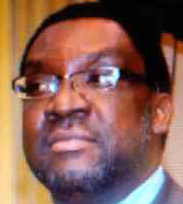

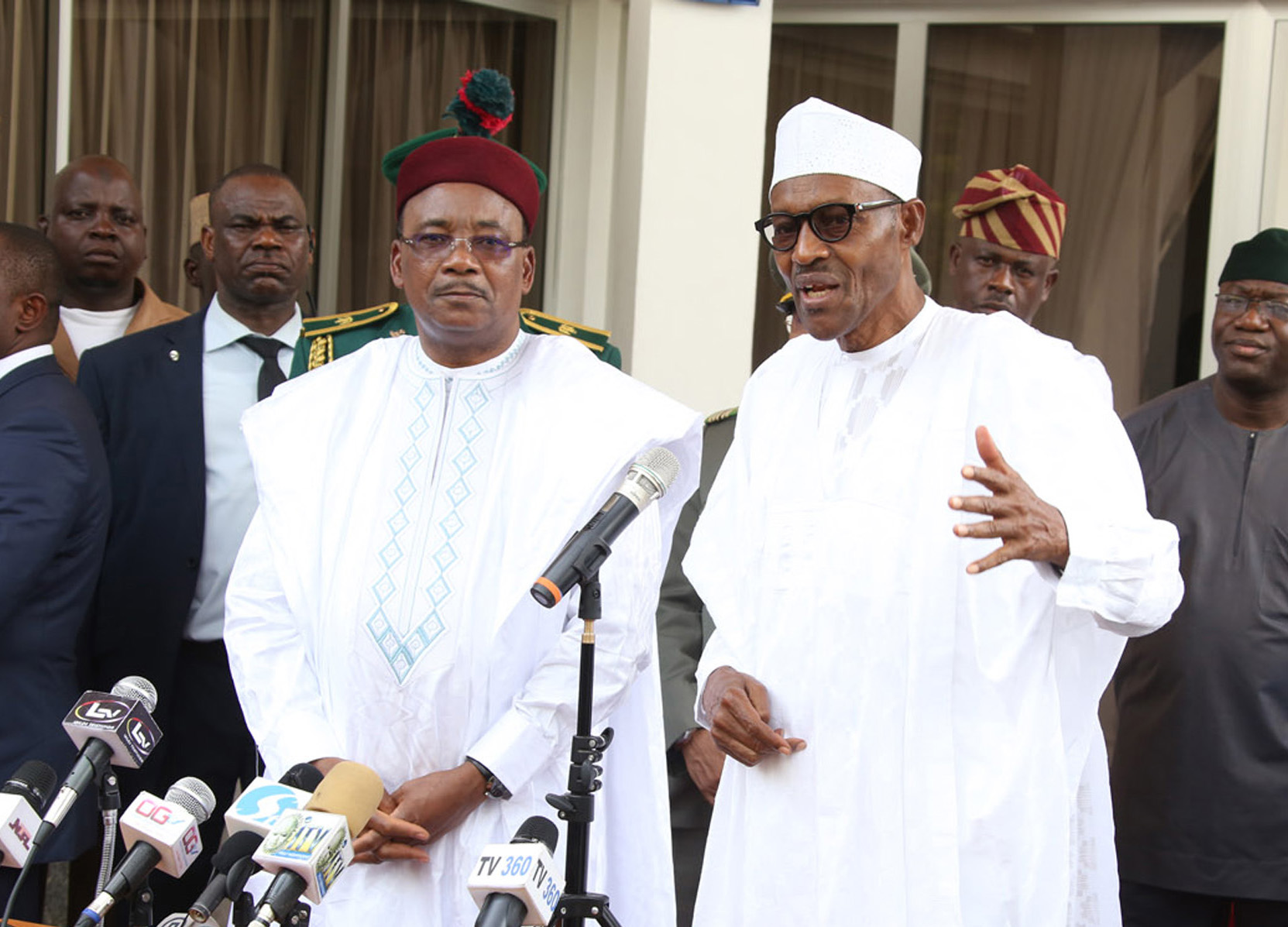
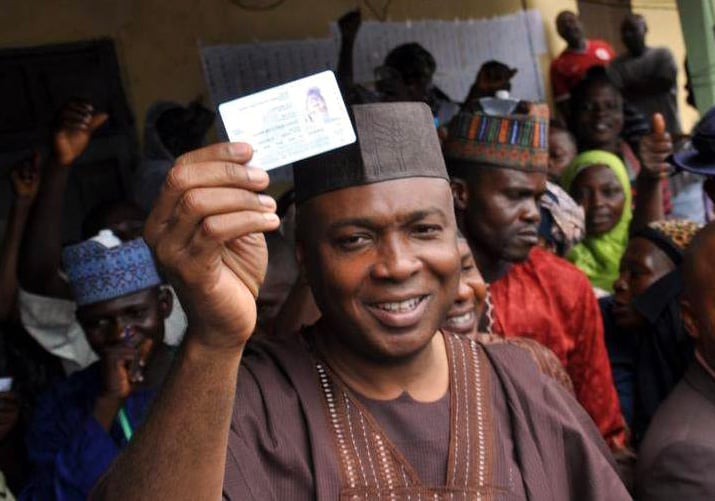
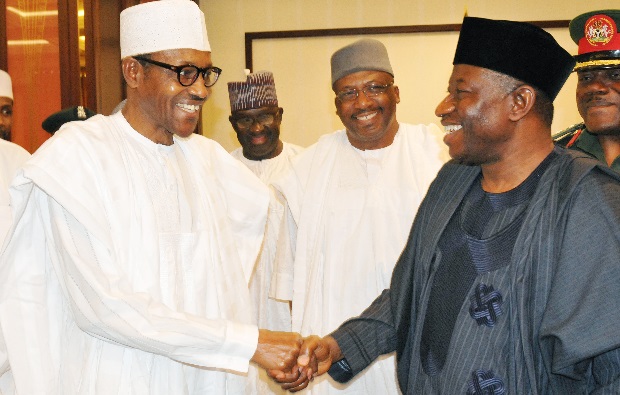
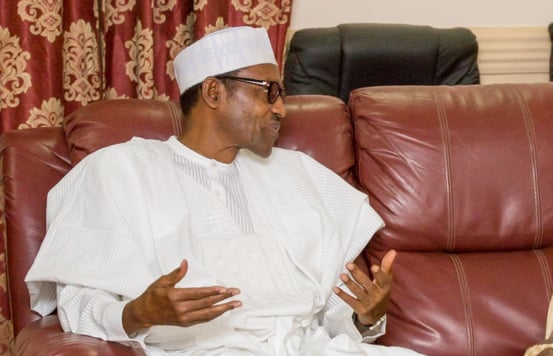
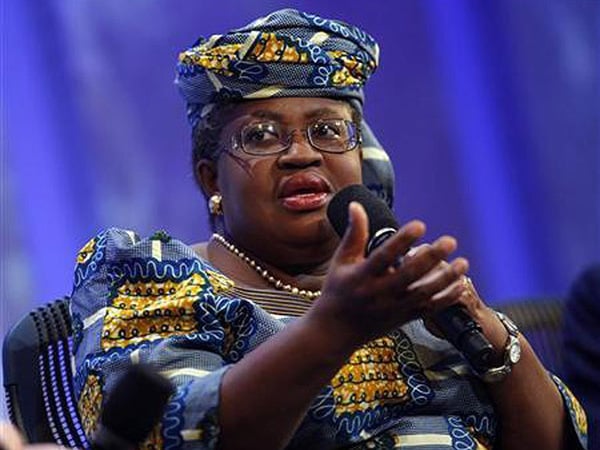

This does not deserve a comment because, it is vainglory for OBJ